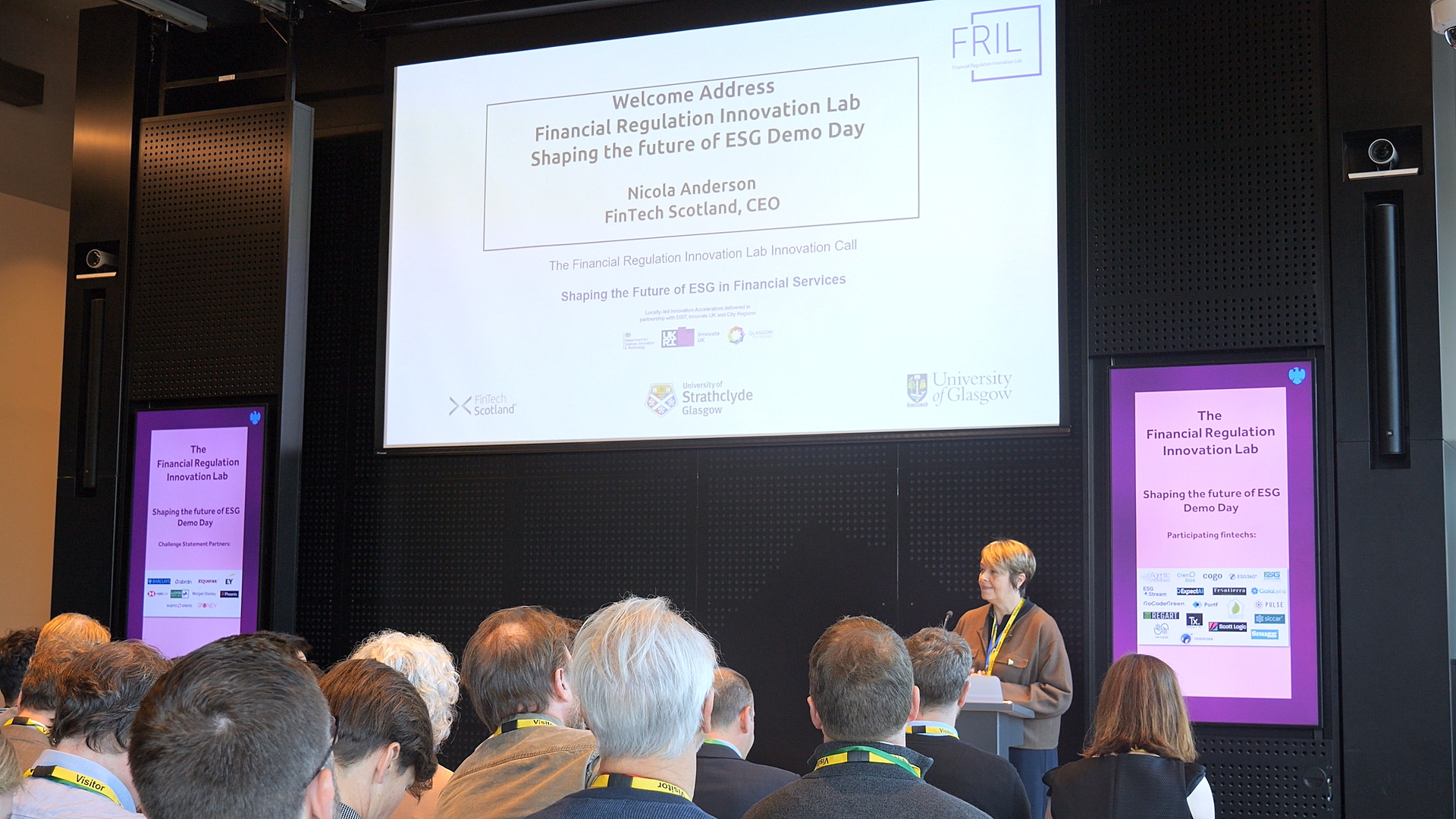Important changes for fintechs as R&D tax relief regime changes

Blog written by Saifur Rahman, Senior Technical Consultant at Leyton.
The UK’s Research and Development (R&D) tax relief regime is undergoing significant changes starting April 1, 2023. These changes include the amount of relief that can be claimed, the types of activities that qualify, and how businesses can claim relief. The changes aim to keep the UK competitive in cutting-edge research, ensure that the reliefs are effective, and use taxpayer money efficiently.
R&D Expenditure Categories: The R&D expenditure categories will be extended to include the costs of datasets and cloud computing. This is particularly relevant for the growing fintech sector, as the use of big data and cloud computing is essential for the development of new financial technologies, processes and workflows. Whether you are running a trading platform ingesting financial data from the likes of Bloomberg or developing large scale data algorithms to understand market conformity ”“ the use of cloud computing and pure datasets will be vital in the R&D project and thus have the ability to account for eligible R&D tax expenses. However, it should be noted that such costs cannot be included in R&D claims on an all-embracing basis ”“ for example, where such costs relate directly to R&D activities, they can be included, but not where they relate to a “qualifying indirect activity” (e.g. where you are including a small proportion of non-technical personnel time attributable to qualifying R&D projects). Additionally, exemptions state that the costs of the data and usage cannot be utilised beyond the R&D project or sold on for commercial purposes.
Pure Mathematics: R&D in pure mathematics will also qualify for relief and can form part of the qualifying R&D activities of the claimants from accounting periods beginning on or after 1 April 2023. This is relevant for fintech companies that use mathematical models and algorithm development in their R&D activities. However, the term “pure mathematics” is not yet defined in legislation, further guidance will be provided on this.
Refocusing Relief to UK Activities: One of the most fundamental changes in the Autumn 2021 Budget was to refocus the R&D reliefs provided to activities performed in the UK: for accounting periods beginning on or after 1 April 2023, subcontracted R&D work and the cost of externally provided workers (EPWs) will be limited to work undertaken in the UK. This may present challenges for fintech companies that outsource certain R&D activities to other countries. However, there will be specific exemptions where work outside the UK is permitted for geographical, environmental, social, or regulatory/legal requirements. Examples of such exemptions include deep ocean research and clinical trials, and, by inference, could include medical-tech trials in specific patient groups, international telecoms testing, or technology designed for extreme environments. HMRC will be providing further guidance on the exemptions before April 2023.
Overseas Branch: There is still some uncertainty for companies with overseas branches: currently there is nothing in the draft legislation relating to work carried out by staff of an overseas branch of a UK company ”“ so it is not clear if such costs will qualify for R&D relief in future.
Conclusion: In summary, the changes to the UK’s R&D tax relief regime will have a significant impact on the fintech sector, particularly in terms of the costs that qualify for relief and the focus on UK-based activities. Fintech companies should review their R&D activities and expenses to ensure compliance with the new regulations. We recommend that fintech companies monitor the situation and seek professional advice to ensure they are able to claim the reliefs to which they are entitled.
Photo by ThisIsEngineering: https://www.pexels.com/photo/photo-of-women-talking-beside-whiteboard-3861952/



